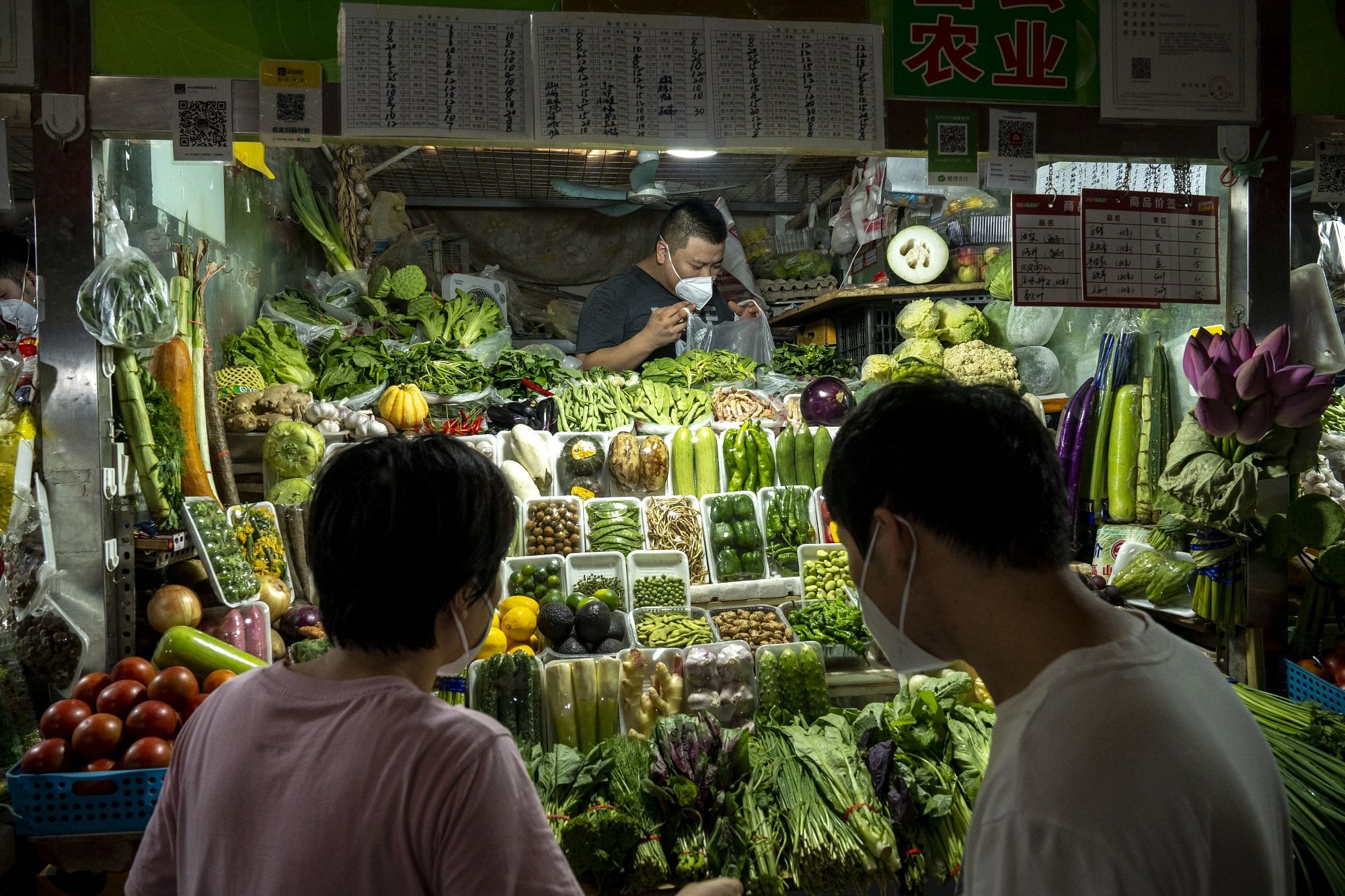INFLATION IS PRICE GOUGING
Rising prices, harder lives: Soaring inflation leaves people poorer across AsiaTan Tam Mei, Hazlin Hassan, Linda Yulisman, Nirmala Ganapathy and Yong Li Xuan
Rising inflation, particularly since the beginning of this year, has made lives harder for people in South Asia and South-east Asia. Asian Insider looks at the reasons for the rising costs, how people are coping and what governments have been doing to mitigate the impact.
Inflation hampers pandemic recovery in Asia

Rising inflation is making the road to recovery from the pandemic a rough one for countries in Asia.
While price rises in the region are relatively moderate compared with those in other parts of the world, persistent inflation will hinder growth and add to issues such as food insecurity and diminishing real wage growth, said analysts.
This rise in cost of living is caused by both supply chain gridlocks as a result of the pandemic as well as the Russia-Ukraine war, which drove up the prices of commodities including food and fuel.
READ MORE HERE
In Indonesia: Family copes by making small adjustments
For the young Wijaya family of four, home-cooked meals have become a little blander in the past months as soaring food prices have hit them hard.
Scrimping to save money, Ms Trie Gusnia Lanasha, 25, has cut back on key ingredients like shallot and chilli. She has also stopped using expensive ready-to-use seasoning, and has started growing her own chillis. The price of shallots rose 113 per cent to 80,000 rupiah per kg in July from 37,500 rupiah (S$3.50) in May, while that of chilli rose 199 per cent in the same period to 140,000 rupiah.
READ MORE HERE
In Thailand: Young home owner forced to tighten belt as prices rise
At just 27, Mr Krit Raksajit owns a three-storey house in the suburbs of Bangkok. And while some might envy his position, the office administrator is in fact regretting his decision to purchase a home.
"The housing and renovation loan payments, they're soul sapping," said the young Thai, who spends more than a third of his 35,000 baht (S$1,360) salary paying off the mortgage each month.
But lately, the mortgage payments have become harder to bear as prices for petrol, electricity and groceries have risen across Thailand, pushing up his expenses. Inflation rose to 7.61 last month from 3.23 per cent in January.
READ MORE HERE
In India: Small cutbacks help street food vendor get by
Struggling to keep from falling behind on the rent for his street stall, Mr Pradeep Kumar applied for a loan of 20,000 rupees (S$348) two months ago even though he was already 300,000 rupees in debt.
As inflation rises in India, hitting 7 per cent this year, the 65-year-old street vendor hopes desperately that the loan will help tide him over his immediate difficulties, the result of price rises after two years of disruptions caused by the Covid-19 pandemic.
"I applied for a loan but the bank is not giving it to me. They say come tomorrow, come day after. How can I leave my food stall and run to the bank every day?" said Mr Kumar, who has been running the stall in Bhikaji Cama Place, a busy office complex in the Indian capital, for the last 35 years.
READ MORE HERE
In Malaysia: She turns cake shop into cafe to draw customers
In March last year, cake maker Hayudi Kastor had just moved her business into new premises when the Malaysian government announced yet another lockdown to contain rising Covid-19 infections.
By the time the movement curbs were finally lifted in October and she could reopen her shop in Kuala Lumpur, she had taken a financial hit.
"I regretted moving into my new shop at the time. I had thought things were getting better, that's why I made the decision to move," said the 52-year-old, who is originally from Sarawak.
READ MORE HERE
In Singapore: Main breadwinner won't let cancer stop her
When Ms Anna Ng opened a new economy rice stall at Nanyang Girls' High School on Aug 11, it had been less than two months since she underwent surgery to remove her uterus, ovaries, 11 lymph nodes and a 13cm tumour.
The 58-year-old said in Mandarin: "After being diagnosed with cancer, the doctor told me that my health is more important. But I still have to live my life, I still have to pay for living expenses."
No comments:
Post a Comment